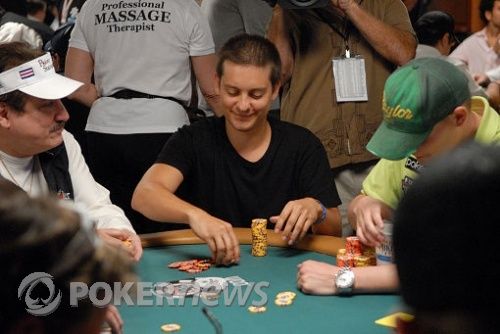Cash Game Fundamentals and Advanced Concepts
Cash game poker represents the purest form of the game, where every chip holds its full monetary value and strategic decisions can be evaluated through mathematical expectation over extended periods. Unlike tournaments, cash games allow for deeper strategic exploration since stack sizes remain relatively consistent and there's no time pressure from increasing blinds.
Successful cash game players develop sophisticated pre-flop ranges based on position, opponent tendencies, and table dynamics. Understanding concepts like minimum defense frequency, optimal bet sizing, and range construction becomes essential for long-term profitability. Post-flop play requires mastering continuation betting strategies, understanding when to check-call versus check-raise, and recognizing optimal bluffing frequencies.
Advanced cash game concepts include understanding board texture analysis, implementing balanced ranges across different street actions, and developing sophisticated river play strategies. Players must also master bankroll management principles specific to cash games, understanding variance, win rates, and the psychological aspects of moving up in stakes while maintaining optimal decision-making under pressure.




